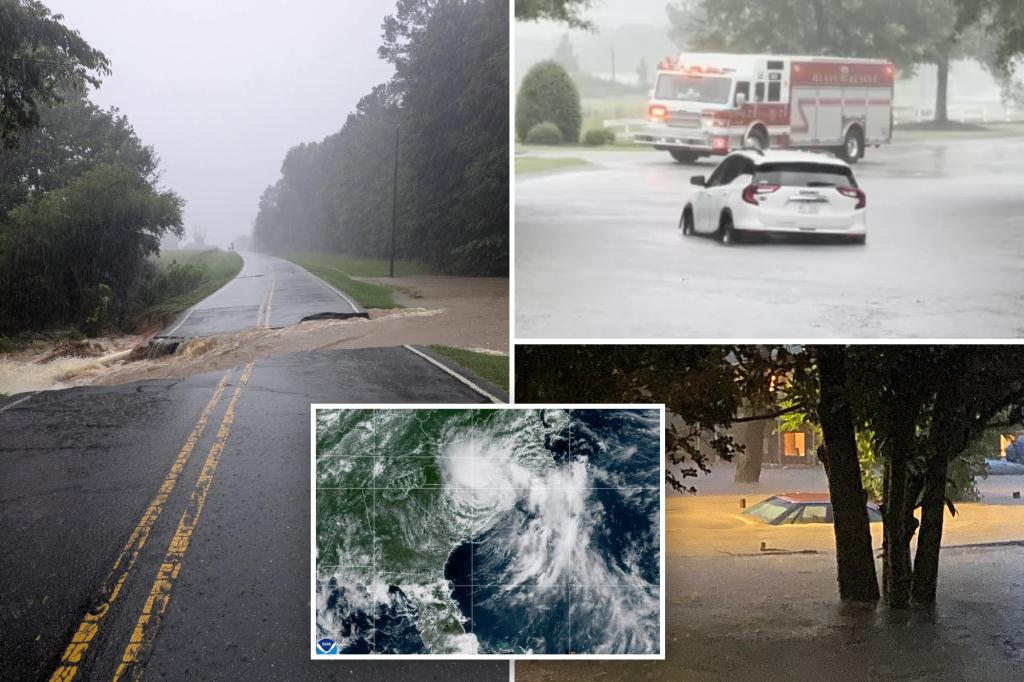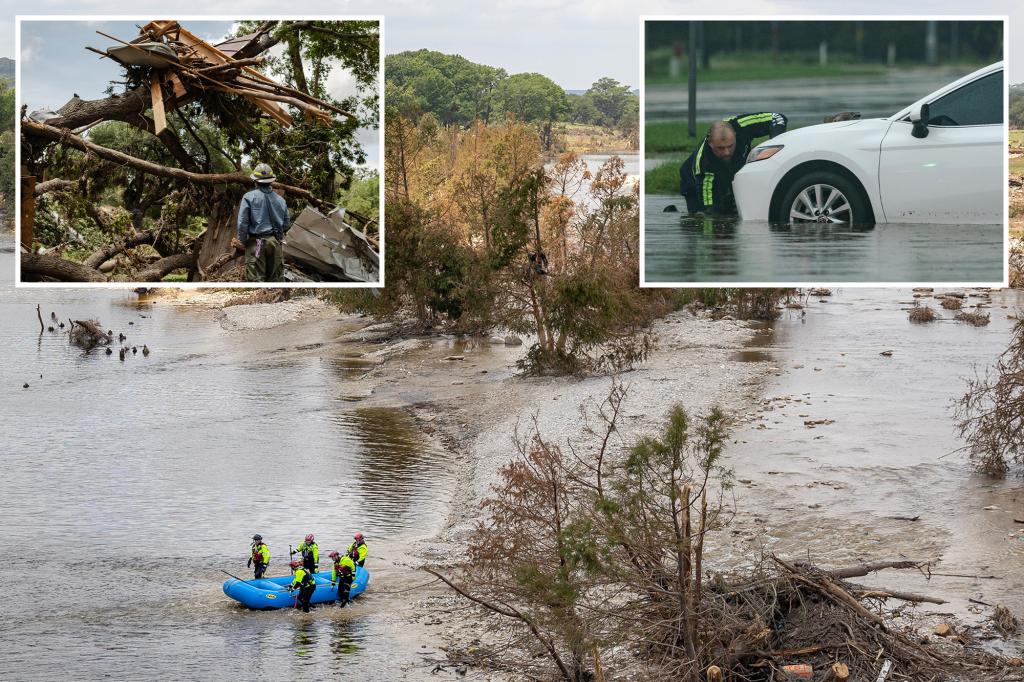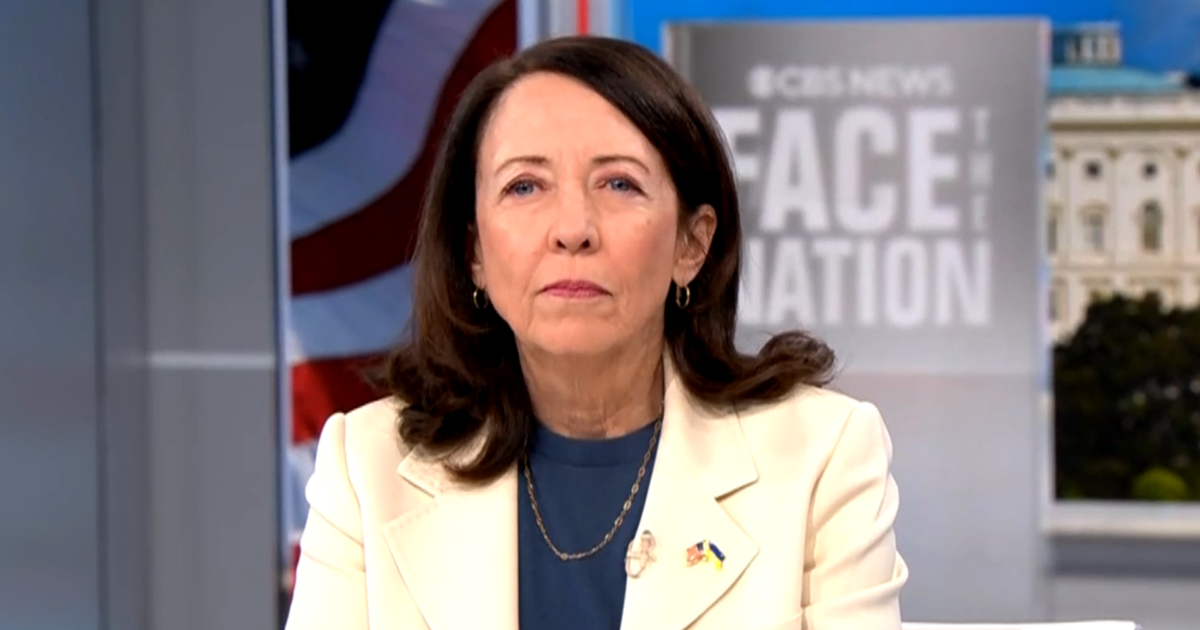The Impact of Climate Change on Global Food Security
Climate change poses a significant threat to global food security, affecting agricultural productivity and increasing the risk of food shortages. Recent reports from the United Nations Food and Agriculture Organization (FAO) highlight alarming trends, with rising temperatures and erratic weather patterns threatening food supplies worldwide. As these changes intensify, countries must adapt their agricultural practices to ensure a sustainable future.
Understanding the Current Landscape
Agriculture, a sector that employs over one billion people globally, is now facing unprecedented challenges due to climate change. The FAO reports that by 2050, food production must increase by 70% to meet the demands of a growing population, expected to reach 9.7 billion. However, the Intergovernmental Panel on Climate Change (IPCC) warns that rising temperatures could reduce crop yields by up to 30% in some regions.
“The agricultural sector is at a crossroads,” says Dr. Emily Carter, a climate scientist at the Global Institute for Food Security. “If we do not adapt our farming methods and invest in sustainable practices, we risk not only food shortages but also a humanitarian crisis.”
Climate Effects on Crop Production
Various studies indicate that changes in climate patterns, such as increased droughts, floods, and pest invasions, significantly impact crop production. For instance, maize and wheat, staple crops for millions, are particularly vulnerable. The FAO estimates that extreme weather events could lead to annual losses of $24 billion in crop production by 2030.
- Droughts: Extended periods of low rainfall can devastate crop yields, especially in arid regions.
- Floods: Excessive rainfall can lead to soil erosion and crop destruction.
- Pest Invasions: Warmer temperatures can expand the range of pests and diseases.
For example, a 2021 study published in the journal Nature Climate Change found that wheat yields in South Asia could decline by 10% for every degree Celsius increase in temperature, underscoring the urgency for adaptive strategies.
Innovative Solutions for Sustainable Agriculture
In response to these challenges, many countries are exploring innovative solutions to enhance resilience in agriculture. Techniques such as agroforestry, crop rotation, and the use of drought-resistant crop varieties are gaining traction. “Sustainable practices not only help in adapting to climate change but also improve soil health, biodiversity, and overall ecosystem resilience,” emphasizes Dr. Michael Tran, an agricultural economist.
Governments and organizations worldwide are also investing in research and development to promote sustainable farming. For instance, the Bill & Melinda Gates Foundation has pledged over $500 million to support agricultural innovation in developing countries, focusing on climate-resilient crops and sustainable farming techniques.
Policy and Global Cooperation
Addressing the implications of climate change on food security requires coordinated global efforts. Policymakers must prioritize sustainable agricultural practices and invest in research aimed at mitigating climate impacts. The FAO recommends international cooperation to share knowledge, technology, and resources to support vulnerable nations.
- Investment in Technology: Developing climate-smart agriculture technologies can significantly mitigate risks.
- Education and Training: Farmers must be educated about sustainable practices and adaptive strategies.
- Global Partnerships: Collaborative efforts between nations can enhance food security resilience.
Multiple Perspectives on the Future of Food Security
The discourse surrounding climate change and food security reveals differing perspectives. On one side, environmentalists advocate for immediate action to reduce carbon emissions and protect natural ecosystems. Conversely, some agricultural stakeholders argue for a focus on technological advancements to increase yields despite climate challenges.
“While technology plays a crucial role, we cannot ignore the importance of preserving our ecosystems,” cautions Dr. Sarah Thompson, an environmental policy expert. “Sustainable agriculture must be at the forefront of our strategies to combat food insecurity.”
As these debates continue, the urgency for action grows. The World Bank estimates that approximately 600 million people could be pushed into extreme poverty by 2030 due to climate impacts on agriculture, emphasizing the need for immediate and effective solutions.
Call to Action
As climate change continues to reshape the agricultural landscape, it is imperative for governments, organizations, and individuals to take action. Investing in sustainable practices, supporting agricultural innovation, and fostering global cooperation can help mitigate the effects of climate change on food security. Stakeholders must prioritize these initiatives to ensure a resilient food system for future generations.
In conclusion, the implications of climate change on global food security are profound and multifaceted. As we move forward, embracing innovative solutions and collaborative approaches will be essential for safeguarding our food systems against the looming threats posed by an ever-changing climate.



